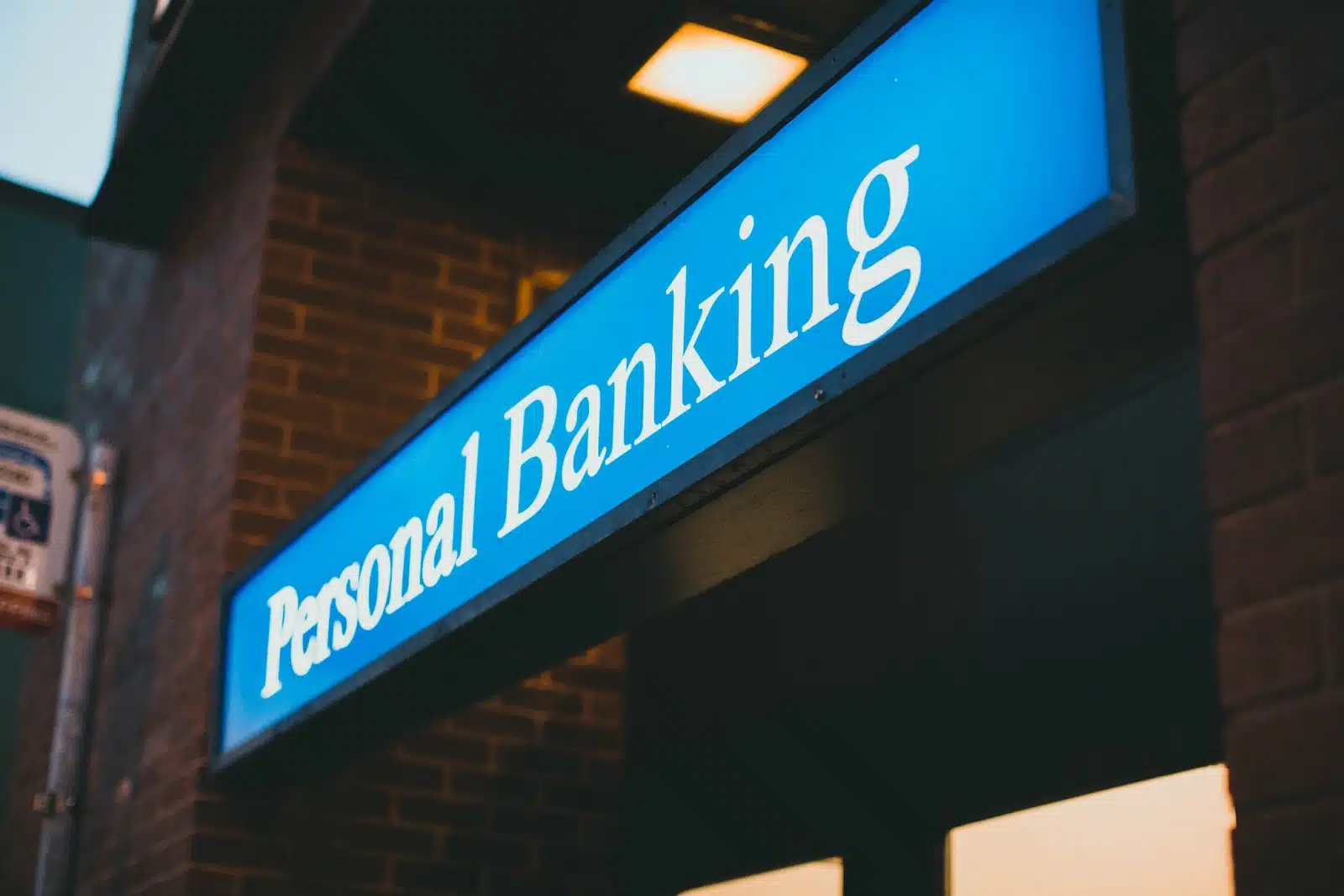Managing personal finances and navigating the world of banking can be overwhelming, especially for those who are new to it. In this blog post, we will break down the fundamental concepts of personal banking, providing you with valuable insights and knowledge to make informed financial decisions. Whether you’re looking to open your first bank account, understand different types of accounts, or learn about essential banking services, we’ve got you covered. Let’s dive in and demystify the world of personal banking!
The Importance of Personal Banking
Personal banking plays a crucial role in our everyday lives, providing a safe and convenient way to manage our money. It enables us to deposit, withdraw, and transfer funds, pay bills, access loans, and track our financial transactions. By establishing a strong foundation in personal banking, you can better manage your finances, save for future goals, and build a strong credit history. Additionally, understanding personal banking empowers you to make the most of banking services and take advantage of various financial opportunities.
Types of Bank Accounts
One of the first steps in personal banking is choosing the right type of bank account to suit your needs. There are several common types of accounts, each serving different purposes. Checking accounts are ideal for daily transactions, allowing easy access to funds through debit cards and checks. Savings accounts, on the other hand, are designed for storing funds for future needs and earning interest on your balance. Certificates of Deposit (CDs) offer higher interest rates but require you to lock in your money for a fixed period.
Opening a Bank Account
Opening a bank account is a straightforward process, but it’s essential to be prepared with the necessary documentation. Typically, you will need government-issued identification, proof of address, and, in some cases, an initial deposit. Many banks also offer online account openings for added convenience. Before choosing a bank, consider factors such as fees, minimum balance requirements, interest rates, and the availability of branch locations and ATMs.
Understanding Interest Rates
Interest rates play a significant role in personal banking, affecting both loans and savings accounts. When borrowing money, you’ll encounter two types of interest rates: fixed and variable. Fixed rates remain constant over the loan term, while variable rates may change with market conditions. On the other hand, savings accounts earn interest, and different banks offer various rates. Understanding how interest rates impact your financial decisions can help you make better choices for borrowing and saving.
Online Banking and Mobile Apps
Online banking and mobile apps have revolutionized the way we interact with our finances, offering unparalleled convenience and accessibility. With online banking, customers can manage their accounts from the comfort of their homes, eliminating the need to visit physical branches for routine transactions. Whether it’s checking account balances, transferring funds between accounts, paying bills, or setting up automatic payments, online banking provides a seamless and time-saving experience. Mobile apps take this convenience a step further by enabling users to access their accounts on the go, anytime and anywhere, using their smartphones or tablets. The ability to perform banking tasks with just a few taps on a screen has made managing finances more effortless than ever before. Also, by using this instant cash advance app you can be familiar with your options for getting money quickly. Moreover, online banking and mobile apps offer a range of security features to protect users’ sensitive information. Advanced encryption and authentication protocols ensure that personal data and transactions remain secure.
Overdraft Protection
Overdraft protection is a valuable service that prevents you from overdrawing your account and incurring costly fees. Banks may offer different options for overdraft protection, such as linking a savings account or a line of credit to cover insufficient funds. Understanding how overdraft protection works can help you avoid potential financial pitfalls and maintain a positive banking experience.
Building a Strong Credit History
Your credit history plays a critical role in personal banking, affecting your ability to secure loans and access favorable interest rates. To build a strong credit history, make timely payments on loans and credit cards, keep credit utilization low, and avoid excessive debt. Regularly review your credit report and address any discrepancies promptly. A good credit history can open doors to better financial opportunities in the future.
Understanding the basics of personal banking is essential for anyone seeking financial stability and growth. By grasping the importance of banking, choosing the right accounts, and familiarizing yourself with online banking tools, you can confidently manage your finances and achieve your financial goals. Take the time to explore various banking options, compare interest rates, and embrace responsible financial habits to pave the way for a secure financial future. Remember, knowledge is power when it comes to personal banking, so stay informed and make informed financial decisions. Happy banking!
Lucas Noah, armed with a Bachelor’s degree in Information & Technology, stands as a prominent figure in the realm of tech journalism. Currently holding the position of Senior Admin, Lucas contributes his expertise to two esteemed companies: OceanaExpress LLC and CreativeOutrank LLC. His... Read more
